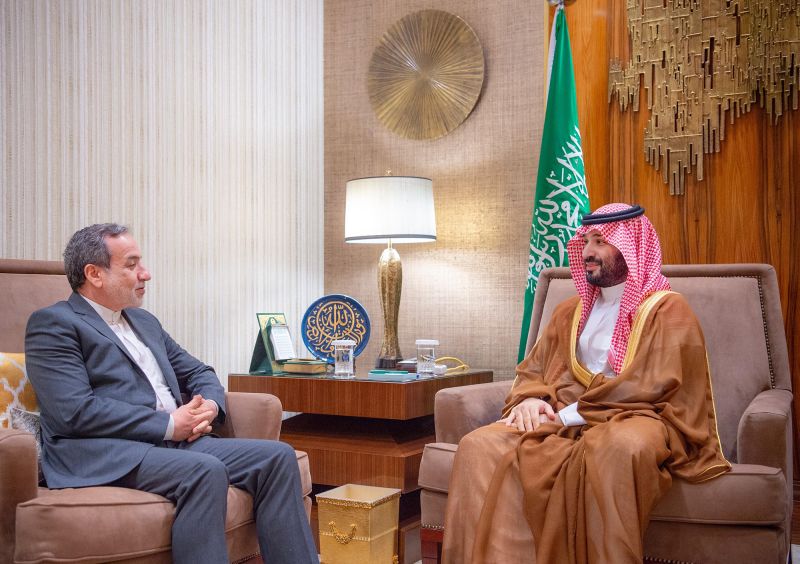
Arab Allies of Washington Forge Surprising Alliances with Iran Amidst Struggling US Efforts in the Middle East
In recent years, the Middle East has been plagued with violence and conflicts, with various countries and factions embroiled in complex disputes. One of the key players in the region has been the United States, often seen as a major influence in the Middle East due to its strategic partnerships and military presence. However, as efforts by the US to stem violence and bring stability to the region falter, Washington’s Arab allies are taking matters into their own hands and engaging with Iran, a move that could potentially reshape the dynamics of the Middle East.
The historic enmity between Arab states and Iran has long been a defining feature of Middle Eastern geopolitics. Tensions have escalated in recent years, with proxy battles being fought in countries such as Syria, Yemen, and Iraq. The involvement of outside powers, including the United States, has only added fuel to the fire, leading to further instability and violence in the region.
Amidst this backdrop, Washington’s traditional Arab allies, such as Saudi Arabia and the United Arab Emirates, have begun to explore possibilities for engagement with Iran. This shift in approach can be attributed to several factors, including the perceived waning influence of the US in the region, as well as a desire to mitigate the risks posed by ongoing conflicts and disruptions.
One of the key developments in this evolving landscape is the recent talks between Saudi and Iranian officials, mediated by Iraq. The talks, which focused on regional security and cooperation, mark a significant departure from the past hostility between the two countries. While it is still too early to assess the long-term implications of these discussions, they signal a willingness on the part of both sides to explore avenues for dialogue and de-escalation.
The engagement between Washington’s Arab allies and Iran also reflects a broader trend of countries in the region seeking to assert their own interests and pursue independent foreign policies. The US’ decision to withdraw from the Iran nuclear deal and its shifting priorities in the region have created a power vacuum that other actors are now seeking to fill. As a result, traditional alliances and rivalries are being reevaluated, with potential implications for regional stability and security.
While the engagement between Washington’s Arab allies and Iran may hold promise for reducing tensions and promoting dialogue in the Middle East, there are also significant hurdles and challenges that lie ahead. Deep-seated suspicions and grievances between the parties, as well as the influence of external powers, could complicate efforts to reach meaningful agreements and solutions.
In conclusion, as US efforts to stem violence in the Middle East falter, Washington’s Arab allies are stepping up their engagement with Iran in a bid to navigate the complex regional dynamics. The evolving relationships and dialogues between these parties have the potential to reshape the geopolitical landscape of the Middle East, with far-reaching implications for regional peace and stability. As the situation continues to develop, it will be crucial for all stakeholders to approach these engagements with openness, patience, and a commitment to seeking common ground for the greater good of the region.
